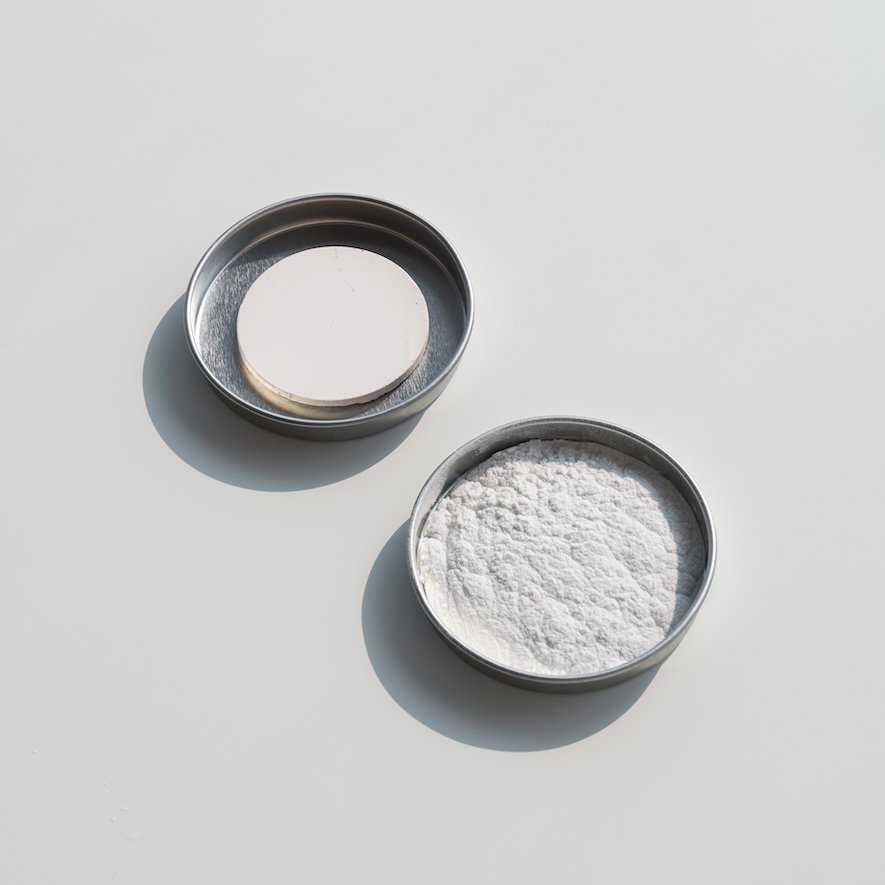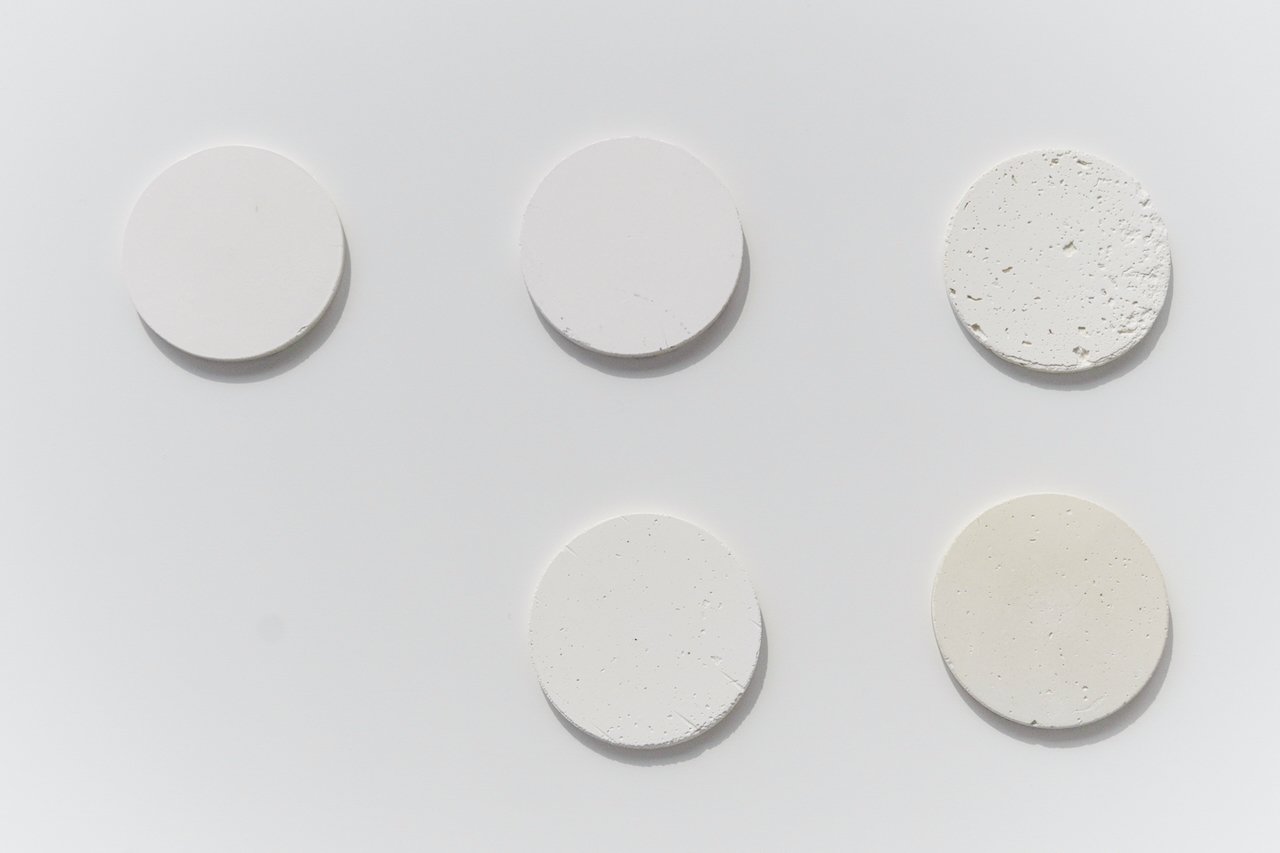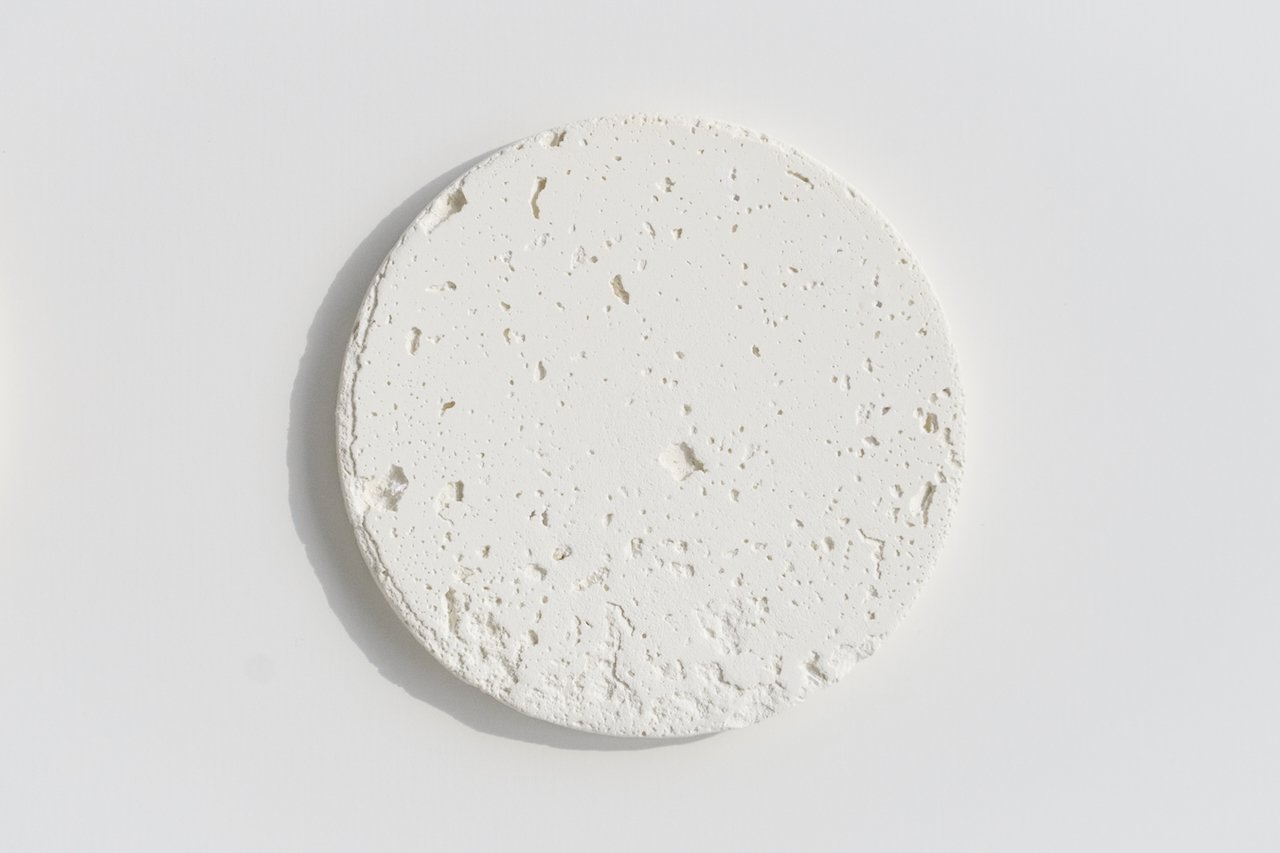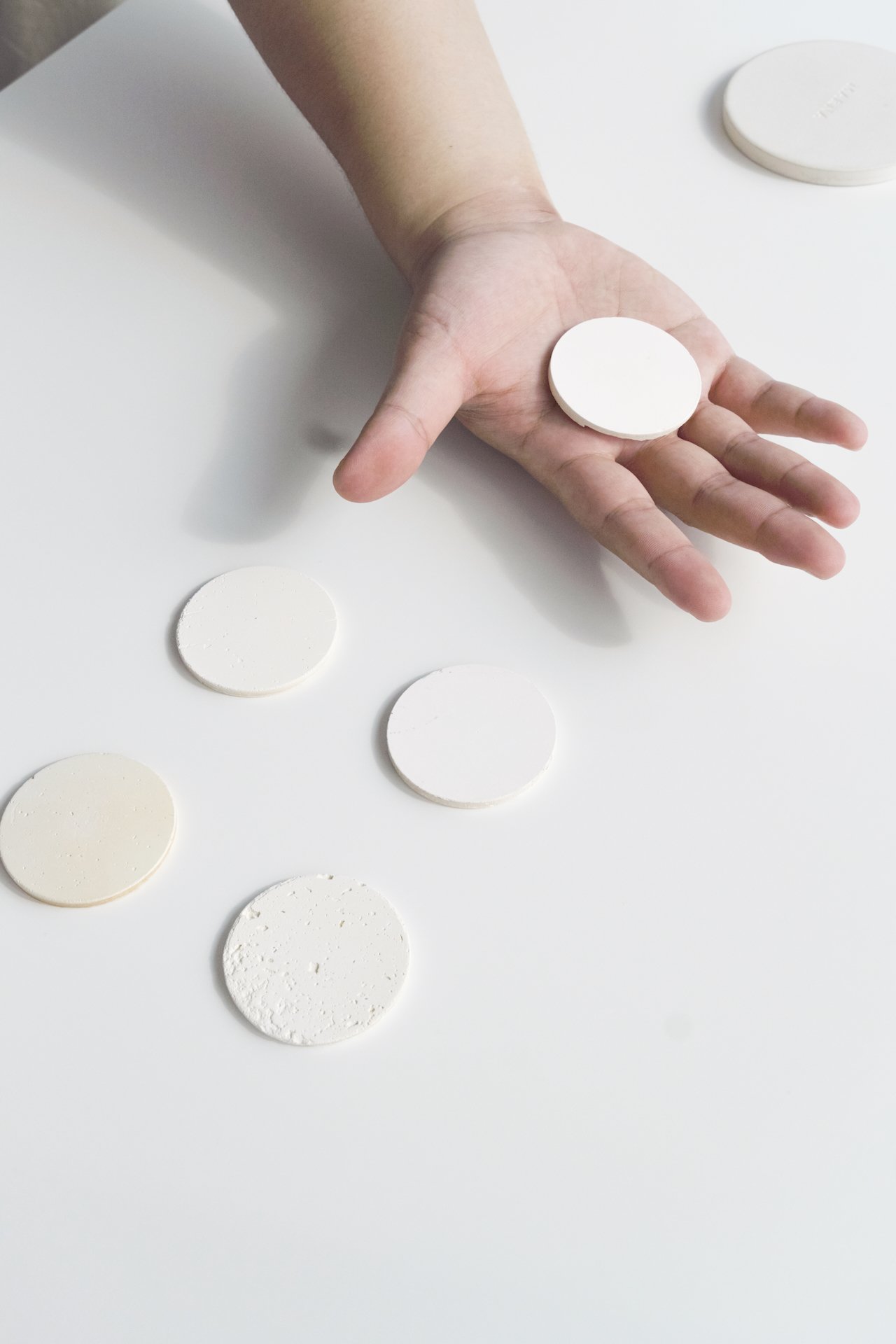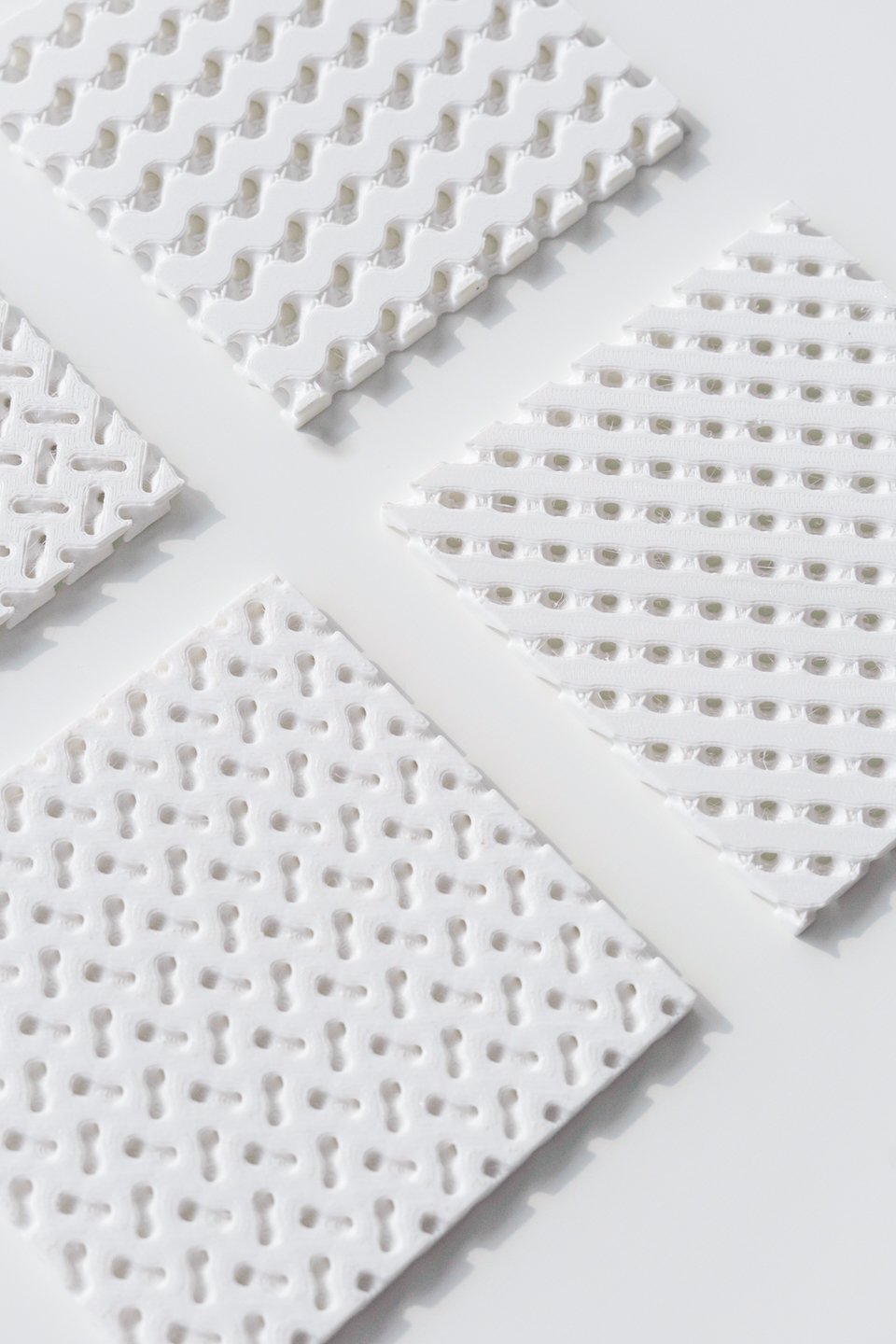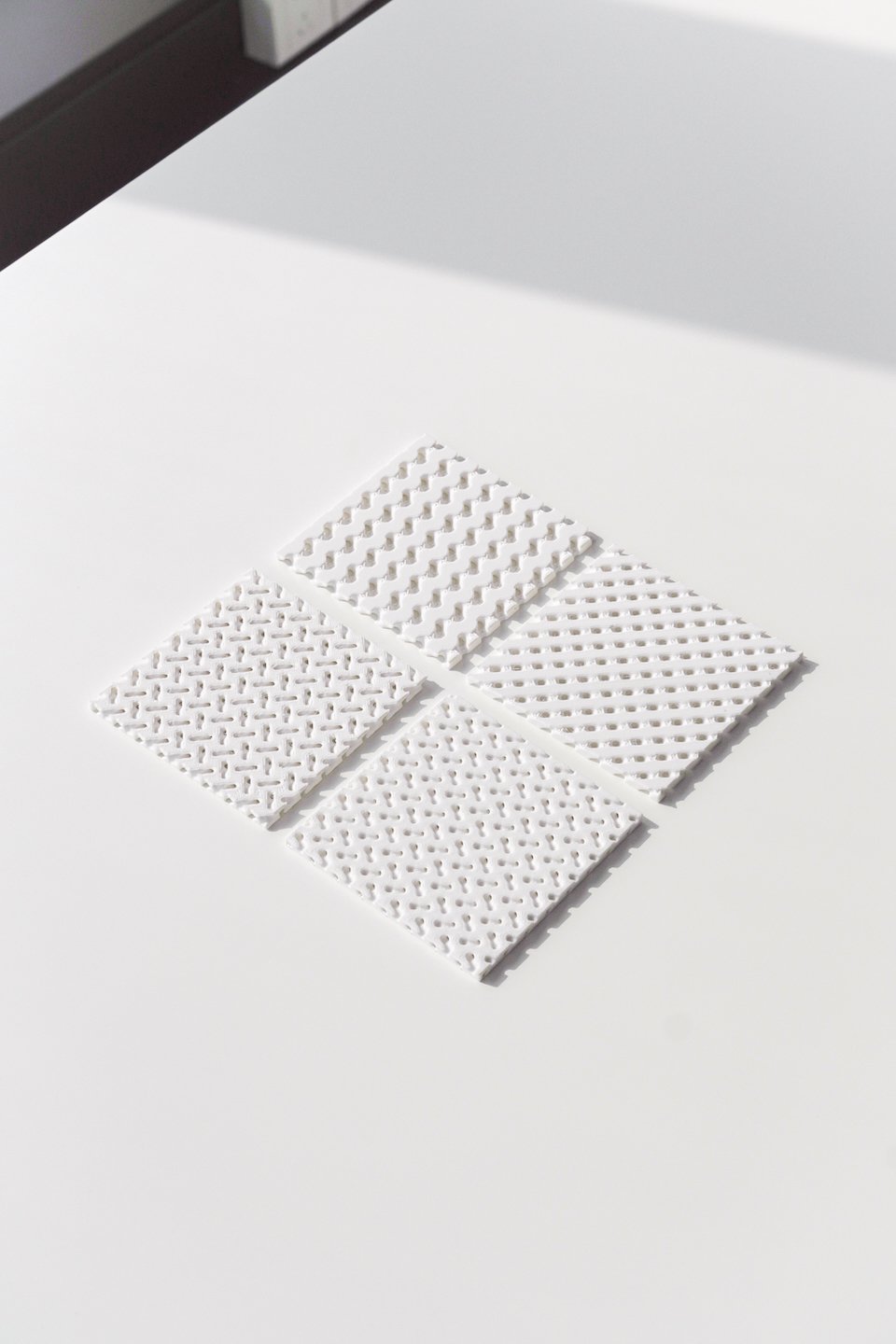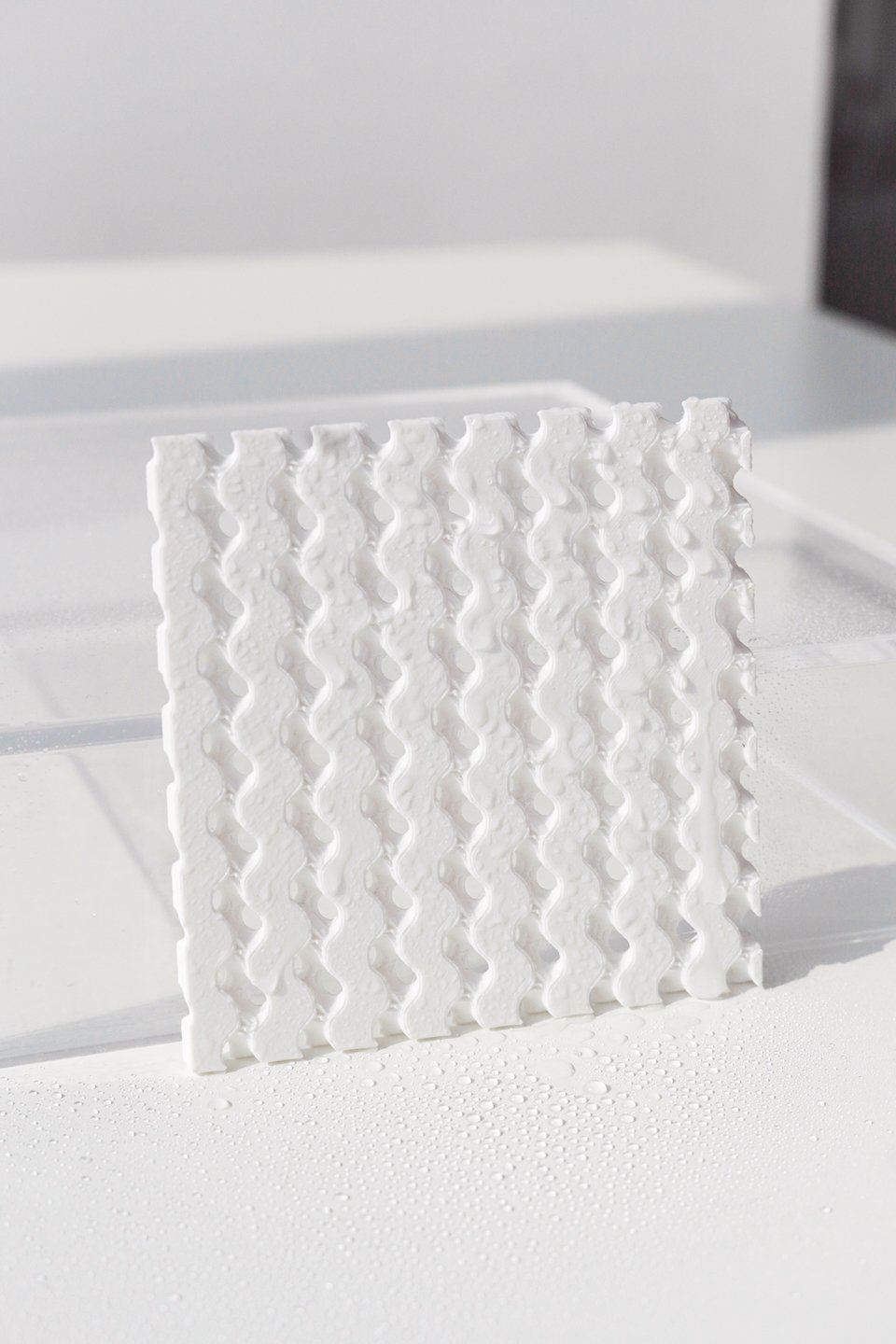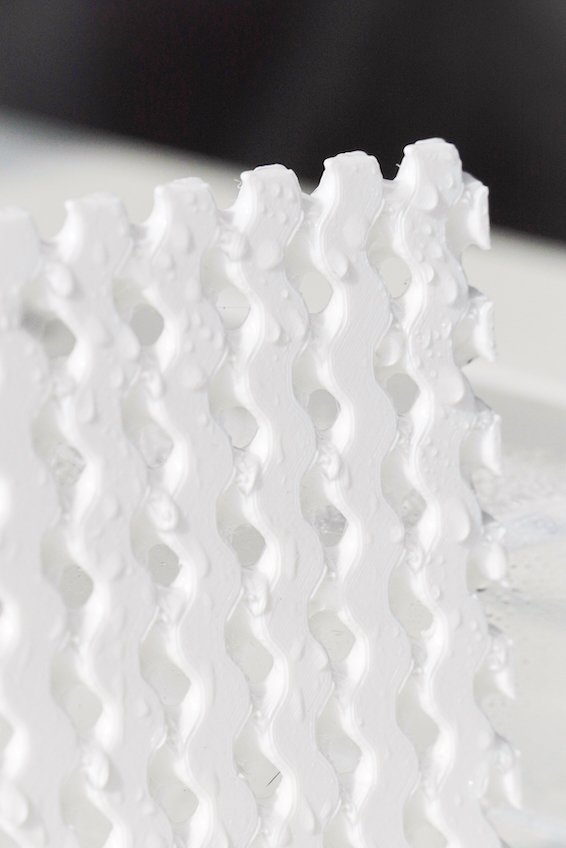Porous Systems for Enhanced Bio-Receptive Indoor Design
Enza Migliore, Zhennan Yao, Xiaotian Deng
Collaborators: Prof. Xin Cheng, Dr. Massimiliano Galluzzi, Dr. Ashkan Bahadoran
This study expands the knowledge of design for human well-being by exploring hygroscopic and microbial characteristics and deficiencies in domestic environments through ecological, interdisciplinary, and educative design lenses. This paper reports the literature review on quantitative and qualitative data from different fields to contribute to a multidisciplinary study. It generates a new understanding of ceramic materials and their use for sustainable and healthier household environments through the design of systems that control humidity, temperature, and microbial conditions.
The study assumes that the air quality in a domestic setting, along with the use of powered devices, needs the design of healthier and sustainable systems that provoke a change in behaviors and awareness, above all about the dependency on massive employment of energy.
The significance of this investigation is to produce interdisciplinary knowledge. Rather than having an exhaustive review of one specific aspect and field, we want to connect results in Materials Science and Engineering, Environmental Science and Building, and Design and Architecture to highlight opportunities and directions for design. It is a preparatory study for an applied research project. The goal is to provide new directions for designing porous ceramic systems to enhance the indoor quality of life under sustainability based on the environmental, economic, and social pillars. We map and analyze the domestic environment according to ecological considerations as guidelines to inform design, which contributes to human physical and emotional well-being. This result will involve education on new human behaviors, belonging, and connectedness with nature.
The key issues addressed are drying, cooling, and microbial properties for the design of domestic ecologies.
Read the paper here
